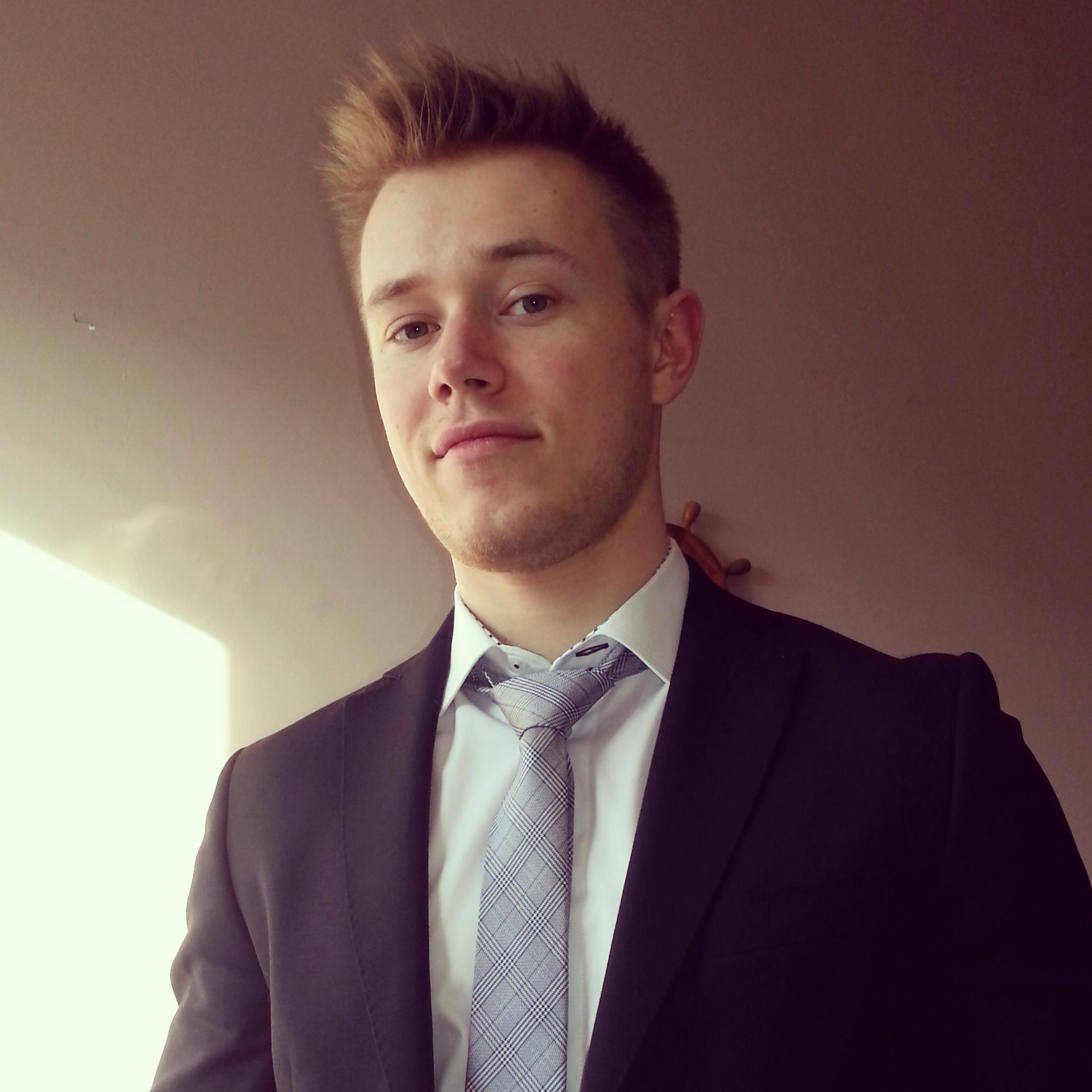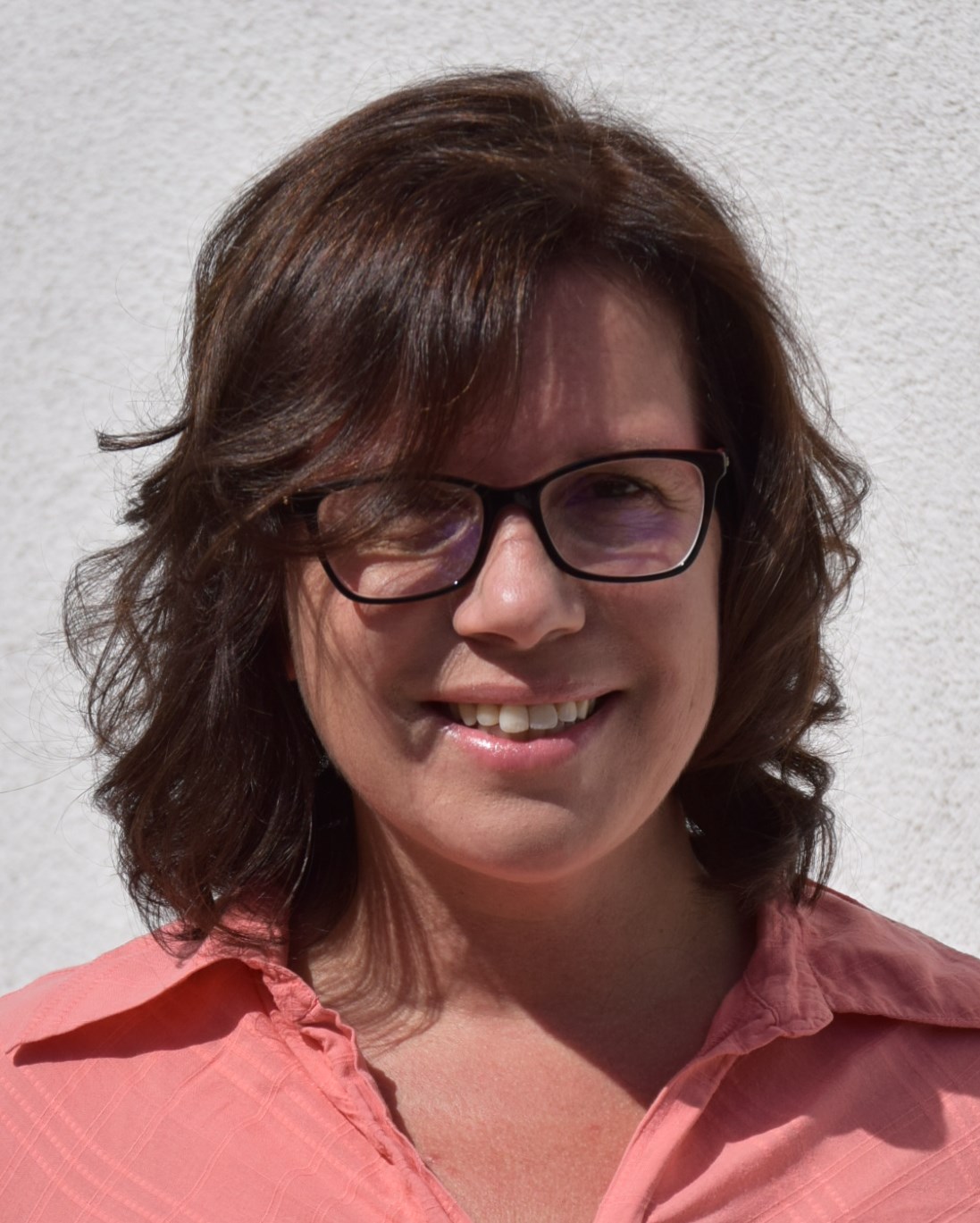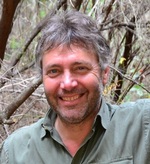Description for the general public
Phase transitions are fascinating phenomena during which the system changes its properties shifting from one state to another. These states, called phases, correspond to various forms of internal organizations of the system, and they are usually separated by a sharp boundary. Crossing these boundaries results in macroscopic changes in the system behaviour. Ice melting, water evaporation, crystallization, the loss of spontaneous magnetisation of heated iron, or the resistance disappearance of cooled mercury — these are just a few examples of phase transitions that commonly occur in our daily life.
However, these phenomena are not only found in physics and chemistry, but they can also be observed in biological, economic and even social systems. This makes the modern phase transition theory a highly interdisciplinary field of study, which is used to analyse a wide range of complex systems. Unfortunately, this theory is not fully complete, especially if we think about non-equilibrium processes. Paradoxically, these are the processes that dominate the world around us since it is enough to have a flow of a certain quantity, such as energy or mass, to knock the system out of equilibrium. Despite their apparent commonness, non-equilibrium phenomena are poorly understood, and their comprehension goes far beyond classical thermodynamics.
Simple mathematical models, however, can play a fundamental role in improving our understanding of non-equilibrium processes. Those analytically solvable may turn out to be especially helpful. Thus, this research concentrates on the analysis of such simple models that manifest rich behaviour related to phase transitions and critical phenomena.
Objectives
Projects within this funding scheme are awarded to PhD candidates who would like to undertake an internship in a foreign research institution. Thus, this project extends the research proposed in project no. 2016/23/N/ST2/00729 entitled "Out of Equilibrium Critical Phenomena on Complex Networks" by an internship at the Institute for Theoretical Physics at KU Leuven.


